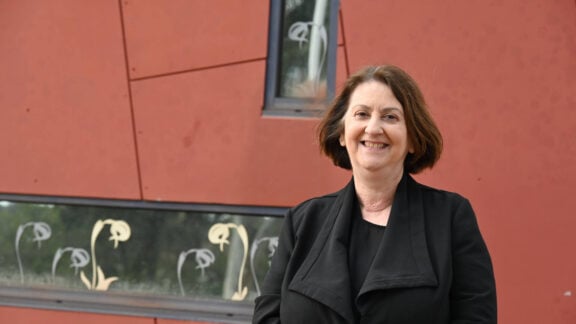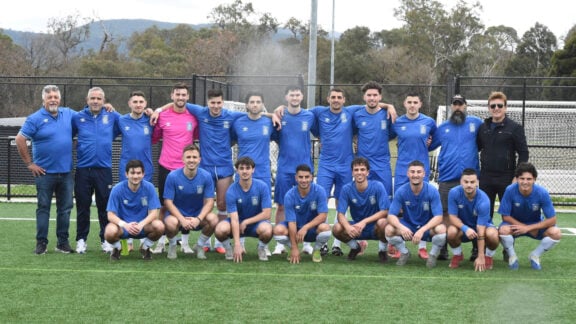A 45-year-old woman died and 12 people were injured last night in Lesvos island, Greece, when a 6.3-magnitude earthquake struck the Aegean sea, 11 kilometres off the coast of Plomari.
The South of the island and especially Vryssa village were impacted the most, with debris from many single and two-level homes clogging the streets. The tremor was felt all the way to Athens but mainly in Chios island and Izmir.
“It’s a difficult situation, we are facing a disaster,” Christiana Kalogirou, governor of the north Aegean region, told National Greek TV channel ERT.
“Some 10 people are injured. The army is bringing in tents so people can spend the night.”
Lesvos Deputy Mayor Manolis Armenakas also spoke to ERT, reporting major damages to several buildings, both old and new.
The woman that lost her life in Vryssa, had been trapped for around seven hours in the ruins of her home.
“Our fellow citizen who was trapped in the house that collapsed in Vrisa was pulled out dead,” Lesvos mayor Spyros Galinos said in a tweet. The earthquake also struck the Aegean coast of western Turkey after 1200 GMT.
Several aftershocks have been reported since the 6.3 R earthquake that according to the Athens Geodynamic Institute had a depth of only 10 kilometres.
“If this quake had happened on land the consequences would have been far greater,” said seismologist Costas Papazachos.
Lesser damage was reported on Chios and there were no reports of damage or casualties at the refugee camps in the east and north of Lesvos.
Meanwhile, Ankara Mayor Melih Gökçek has called for an immediate investigation into “seismic research vessels” in the Aegean Sea following Monday’s 6.3 magnitude earthquake which claimed one life.
“Now I think that this might be an artificial earthquake. I do not say it is certain but it is a very serious possibility,” Gökçek tweeted. “I say that it should definitely be investigated. Was there any seismic research ship sailing near the epicenter? If so, which country does it belong to?”








